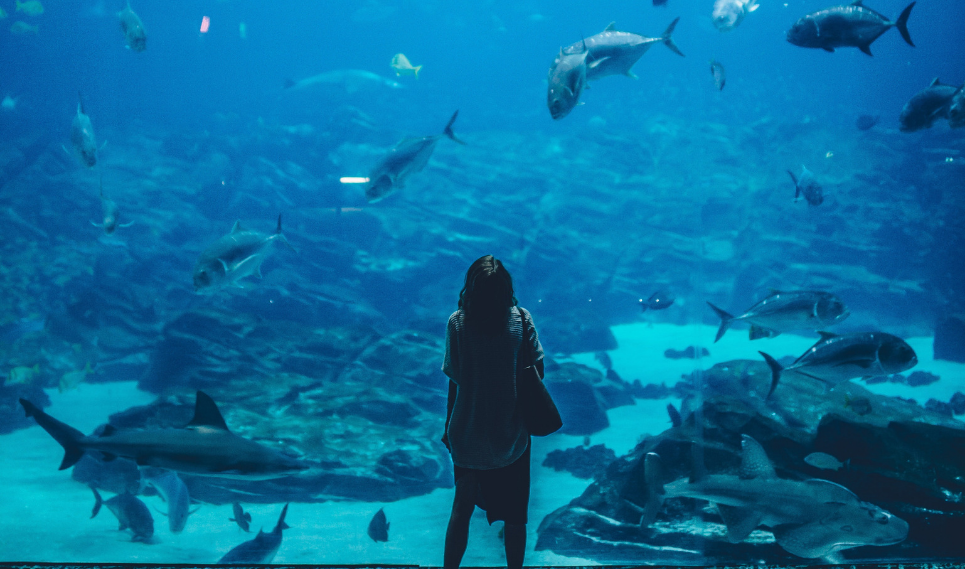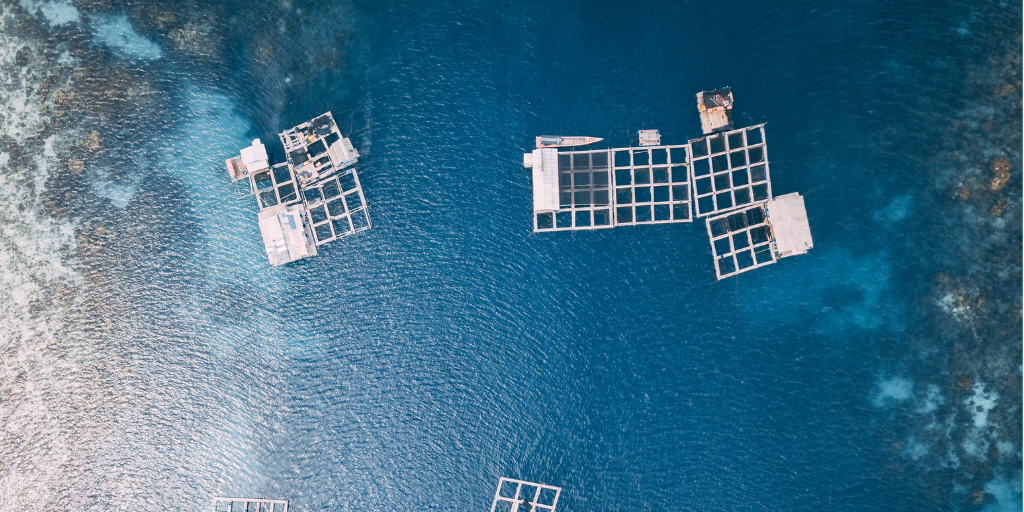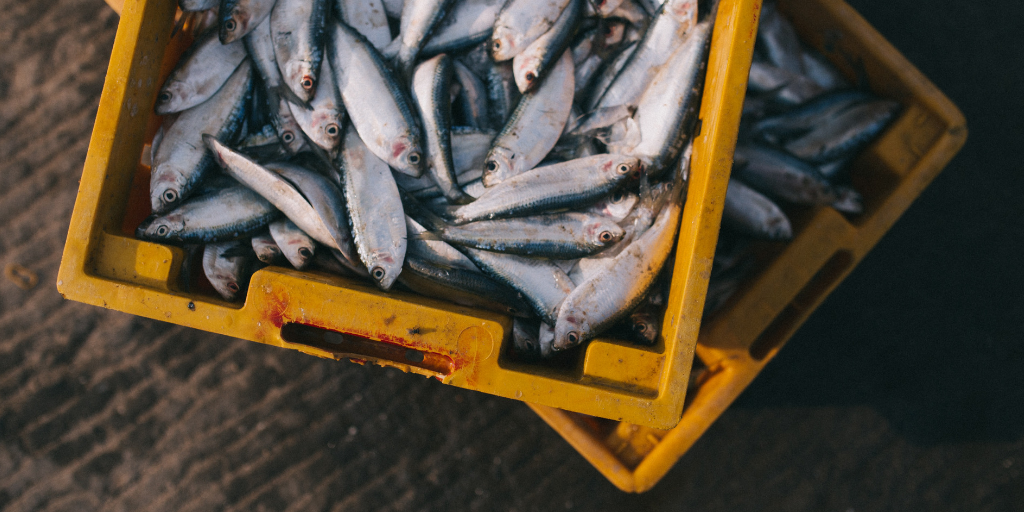One of the success factors in aquaculture, as well as the technological innovations in facilities is, without a doubt, the food the animals receive. Since they are bred in a controlled environment, their food can be varied in the best way for their health, and, therefore, for human health.
Animal nutrition seeks to meet the nutritional needs of the animals, preserve their health and maximize the conversion of the nutrients of food. Good animal feeding has a positive impact on their quality of life.
The generic definition of “feed” used to name animal food, includes a series of natural, processed or semi-processed products that come from agro-industrial processes.
These raw materials used to produce feed for fish cultivated in marine farms can be protein, energetic or fibrous depending on the carbohydrates, fibre and proteins they contain.
The big innovations in biochemistry, biology and nutrition in recent years, that have contributed so positively to improving human health and to increasing life expectancy in almost all developed countries, are reflected in animal feed. As we are what we eat, it is logical that land and marine farmers take a great amount of care in improving the feeding of the animals that are part of the food chain.
Nutraceutics: The latest trend in animal feeding
The latest trend in animal feeding is Nutraceutics, or natural medicine. A food or part of it, of natural origin and with active biological properties that provides health benefits, including prevention or treatment of diseases, is considered nutraceutical.
Nutraceutical food represents the consolidation of functional and prebiotic food, which is based on the combination of natural plant extracts and optimum balancing of amino acids, fatty acids, vitamins and minerals for each species and size. These nutritional improvements are completed with improvements in the manufacturing technology.
This kind of feeding favours the intestinal health of the fish and improves their conversion; in addition, the nutritional properties of the fish are improved, and higher quality and better conservation of the flesh is obtained.
These foods represent being able to reduce the use of antibiotics and palliative products in the animal’s diet, so that the safety and homogeneity of the end product can be guaranteed.
Functional feeding applied to aquaculture means, in short, that the fish provide us with additional nutritional values such as antioxidants, vitamins and Omega 3. These are added values of the fish that come from aquaculture that fish wild waters do not have.



